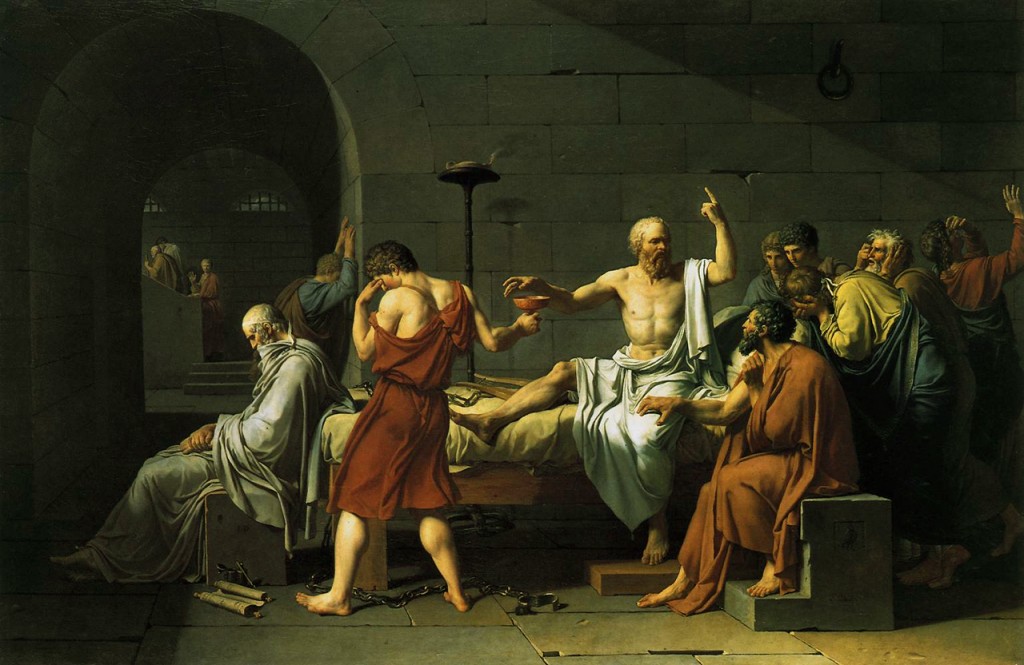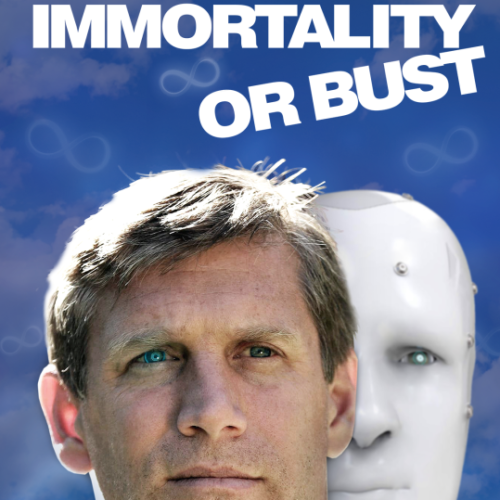If Socrates Were A Blogger
Socrates felt that even though he was born Athenian he was a citizen of the world.
During his public trial he remarked that “A man who really fights for justice must lead a private, not a public, life if he is to survive for even a short time” (Plato. Apology. 32a)
But what if Socrates were a blogger? Would he fare any better today than 2,500 ago?

***
We do not like to be wrong. We rarely assume that we may be wrong. Human nature doesn’t let us feel wrong…
When there is a chance that we may be wrong we get angry; we feel frustrated and threatened; our sub-conscious self-defensive mechanisms prevent us from taking the fault in us and thus our self-preservation instincts prevent us from seeing the truth.
Even when we know or suspect that we are or may be wrong, we do not like to be proven wrong.
Ultimately, we remarkably hate to be proven wrong in public – in front of our friends, relatives, lovers, etc. Then we feel robbed – like if someone has stolen something precious of our personality in front of everyone and yet we were totally powerless to do anything; we’d rather stay in our blissful ignorance for as long as possible than suffer the humiliation of truth…
At the same time many of us, maybe most, know that unique pleasure of proving someone wrong. For, on the one hand, if we ourselves made the same mistake the fact that someone else fell in the same trap relieves our self-blame. On the other hand, if we did not do that mistake – it gives us the pleasurable feeling of superiority. In reverse, the person who dares to do so to us takes a prominent place on our hate list. This prospect may be especially irritating if one thinks oneself to be important and of higher social status.
No wonder that Socrates was, as he said, “getting unpopular.” What do you expect of someone who goes around chasing people on the marketplace and other public places with the only goal of proving that they do not know or that what they think that they know is actually wrong?
Well, this may not be exactly what Socrates had in mind when he did it but surely a large part of the population was taking it that way. Thus it is not surprising if Socrates made more enemies than friends among the Athenians. It is actually surprising that the difference for and against his indictment was only 30 votes.
***
Generally people who are saying the truth, straight in the eyes, without useless preambles, are being punished for such an “imprudent” behavior.
Truth seekers are always annoying – they expose the faults in our life, the uselessness of our goals, and the meaninglessness of our “achievements” – who could tolerate that?
How dare you impose your ideas on my intellectual sovereignty – I have the right to be ignorant.
I also want to stay ignorant and would defend myself and this right by all means possible.
Therefore if you do not respect my borders of ignorance and want to enlighten my poor soul, and useless existence, you have to be able to suffer the consequences: accept the hate of those that you want to help and in some cases even pay with your life for your great arrogance of being right or of exposing others for not being so. Thus Socrates’ fate was rather predictable and by his words we understand that he too was aware of that fact.
Some time later another offender of ignorance came – the Buddha (the Awakened One). For his search for truth and enlightening activities he was allegedly presented with the Socratic prize – a cup of poison.
Later, no different end caught up with Jesus – another daring example of a noble desire to save the masses – the same masses that rewarded him with the crucifix from gratitude…
As a Bulgarian writer once said:
“He who is in love with the truth has no friends, no family and no homeland – he is a monster!” (Atanas Dalchev. Fragments)
***
So, if Socrates were a contemporary blogger would he fare better today?
Have we really changed that much since the 4th century BC?
Would Socrates be put to trial again?… or not?
Would he be able to not only survive longer but thrive in our “free speech” modern world?
Would the people treat him, unlike the Athenians, as a true citizen of the world?









